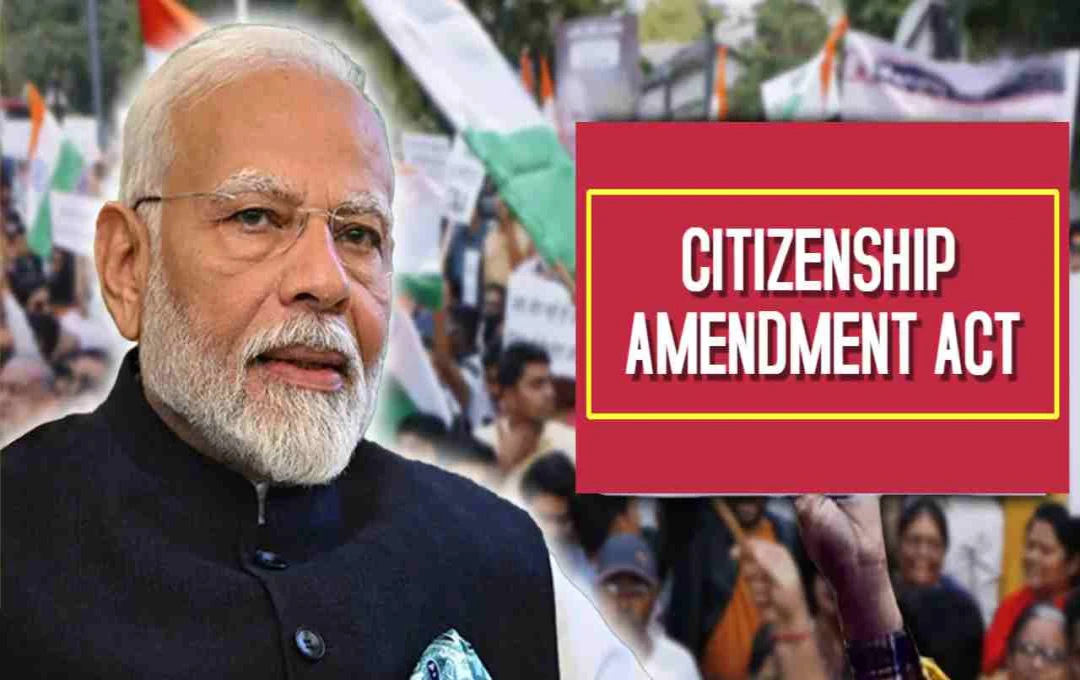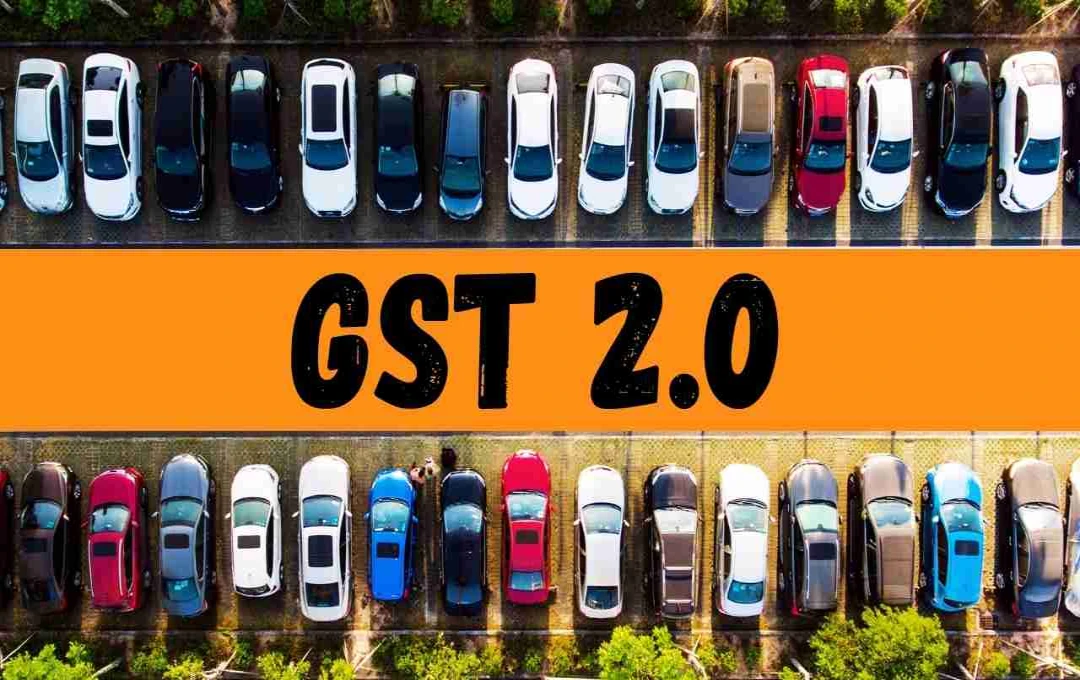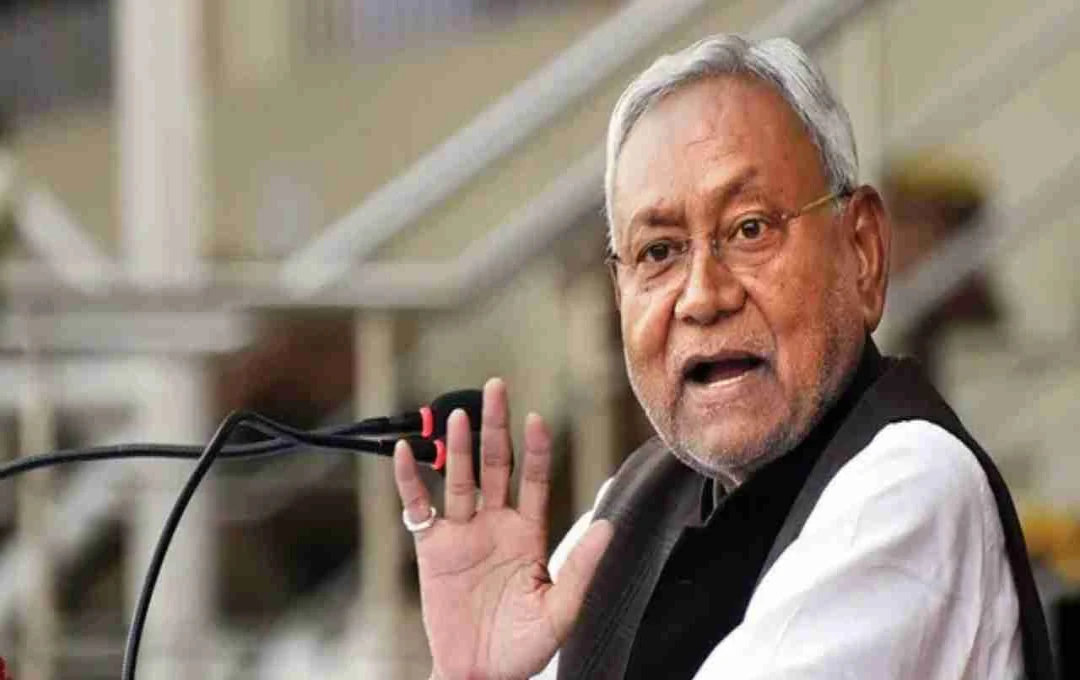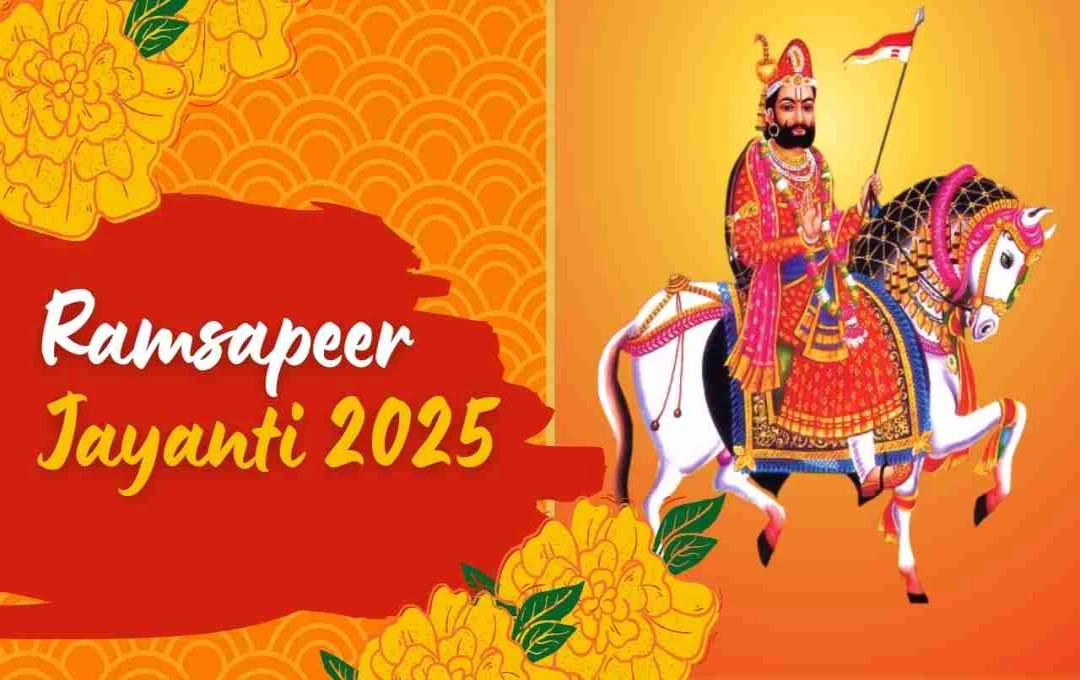In a significant decision related to the CAA, the Indian government has extended the cutoff date. Refugees from Pakistan, Afghanistan, and Bangladesh who have come to India due to religious persecution, belonging to Hindu, Sikh, Buddhist, Jain, Parsi, and Christian communities, can now stay in the country until December 31, 2024.
New Delhi: The Union Home Ministry has taken a major decision regarding the Citizenship Amendment Act (CAA). According to the notification issued by the Ministry, individuals from Hindu, Sikh, Buddhist, Jain, Parsi, and Christian communities who have sought refuge in India from Afghanistan, Bangladesh, and Pakistan due to religious persecution will now be allowed to stay in the country without passports or travel documents.
The government has extended the cutoff date for this purpose to December 31, 2024, whereas previously, the date was December 31, 2014. This directly means that individuals from these communities who arrive in India by December 31, 2024, may be eligible to receive citizenship under the CAA.
What is CAA and why is it important?
The Citizenship Amendment Act (CAA) was passed by Parliament in 2019. It provides for granting Indian citizenship to non-Muslim minorities who have faced religious persecution and sought refuge in India from neighboring Muslim-majority countries like Pakistan, Afghanistan, and Bangladesh. This law includes people from Hindu, Sikh, Buddhist, Jain, Parsi, and Christian communities. With the new cutoff date, it is now clear that individuals arriving in India by December 31, 2024, will also be covered under this scope.
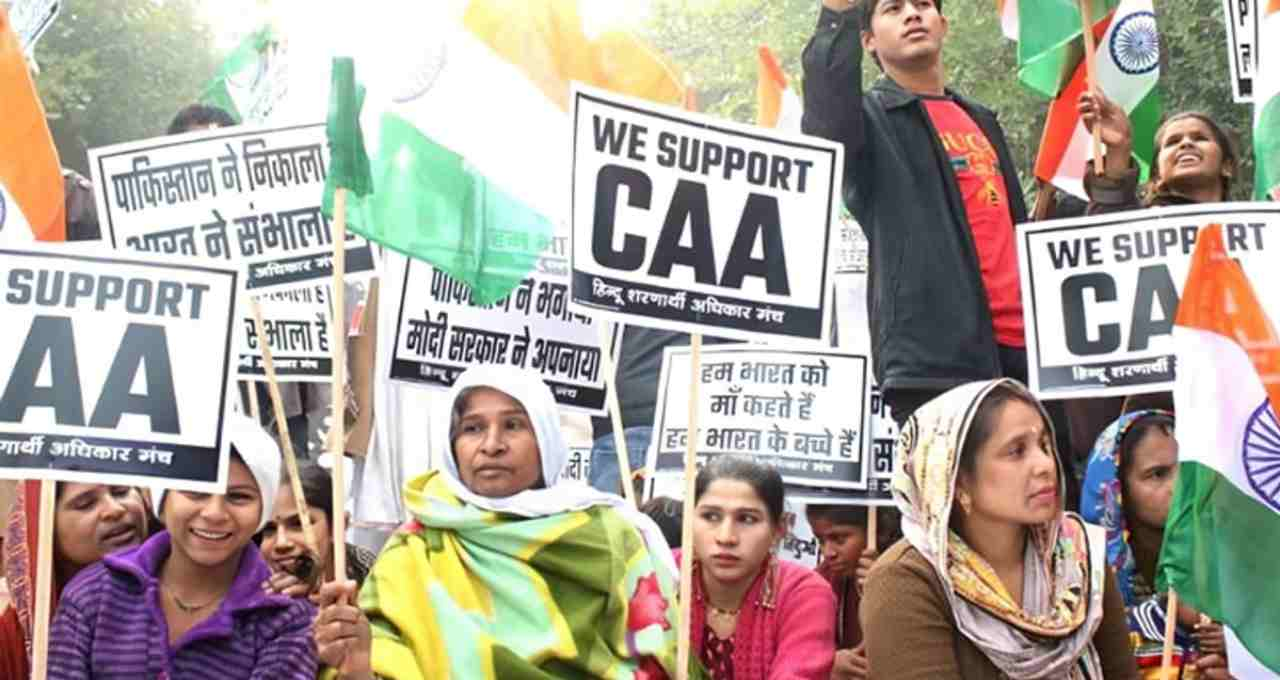
Home Ministry Notification
The notification issued by the Union Home Ministry states that the new orders have been implemented under the Immigration and Foreigners Act, 2025. According to this: Individuals from the aforementioned six communities arriving from Afghanistan, Pakistan, and Bangladesh can stay in India even without passports or any travel documents. If their documents are incomplete or invalid, they will still have the right to be included in the citizenship application process.
The Home Ministry has launched an online portal for applying for citizenship. This decision will particularly benefit those communities who have been living in India for a long time but lack valid documentation. Hundreds of thousands of people from the Hindu community who came from Bangladesh will feel relief from this decision. Sikh and Christian families from Pakistan who were struggling with documentation issues will also get an opportunity to apply for citizenship.
The CAA has been a major subject of political debate in India since its inception. The government maintains that this law is for those who have faced persecution in their home countries due to their religious identity and have taken refuge in India.
